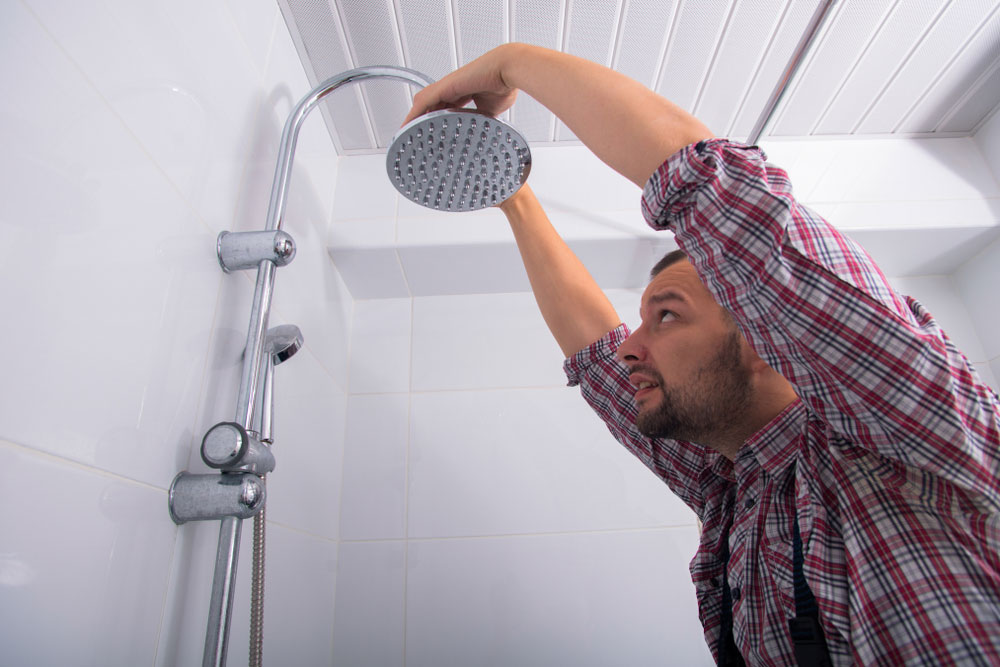When it comes to maintaining the integrity and functionality of your bathroom, addressing issues with your shower base is crucial. Shower base repairs can significantly enhance the longevity of your shower, prevent water damage, and improve the overall aesthetics of your bathroom. However, choosing the right materials for these repairs is essential to ensure durability and effectiveness. This comprehensive guide will explore expert tips for selecting the best materials for shower base repairs, specifically targeting Melbourne, Australia.
The Role of a Shower Base
A shower base, or a shower pan, is the part of the shower that directly receives water and directs it to the drain. It plays a crucial role in preventing water from seeping into the bathroom floor, which can cause significant damage over time. Therefore, maintaining and repairing the shower base is essential for functionality and aesthetics.
Common Issues with Shower Bases
Several issues can affect shower bases, including cracks, leaks, and deterioration of the surface material. These problems can arise due to various factors such as age, improper installation, heavy usage, and harsh cleaning chemicals. Addressing these issues promptly with appropriate materials is vital to prevent further damage.
Understanding Shower Base Materials
Shower bases are typically made from various materials, each with its own set of characteristics and considerations:
- Acrylic: Acrylic shower bases are lightweight, affordable, and easy to install. They come in various shapes and sizes, making them versatile for many bathrooms. Acrylic is also known for its durability and resistance to stains and scratches, making it a popular option for shower repairs.
- Fibreglass: Similar to acrylic, fibreglass shower bases are lightweight and cost-effective. They are known for their strength and durability, making them suitable for high-traffic bathrooms. Fiberglass is also easy to clean and maintain, a significant advantage for busy households.
- Enamel-Coated Steel: Enamel-coated steel shower bases are known for their sleek appearance and durability. They are resistant to scratches and chips, making them a long-lasting option for shower repairs. However, they can be heavier than acrylic or fibreglass, which may require additional support during installation.
- Solid Stone: For a luxurious and high-end option, solid stone shower bases, such as those made from granite or marble, offer unmatched elegance and durability. They are highly resistant to scratches and stains, making them ideal for upscale bathrooms. However, they are heavier and may require professional installation.
Factors to Consider When Choosing Shower Base Materials
- Durability: Durability should be a primary consideration when selecting materials for shower base repairs. Choose materials that can withstand daily wear and tear without losing their aesthetic appeal.
- Maintenance: Consider the maintenance requirements of different materials. Some materials, like acrylic and fibreglass, are easy to clean and maintain, while others, like solid stone, may require more attention to preserve their beauty.
- Budget: Your budget will play a significant role in determining the materials for your shower base repairs. Acrylic and fibreglass are typically more budget-friendly options, while solid stones may require a higher investment.
- Aesthetic Appeal: Think about the overall look and feel you want to achieve in your bathroom. Acrylic and fibreglass offer various colours and designs, while solid stone provides a luxurious finish that can elevate the entire space.
Step-by-Step Guide to Shower Base Repairs
- Inspect the Damage: Start by examining the shower base for any cracks, chips, or signs of wear. This will help you determine the extent of the repair needed.
- Clean the Area: Thoroughly clean the damaged area using a mild cleaner and a sponge. Remove any dirt, soap scum, or debris to ensure a smooth surface for repairs.
- Apply Repair Compound: Use a suitable repair compound according to the manufacturer’s instructions. Apply the compound evenly over the damaged area, smoothing it with a putty knife.
- Let it Cure: Allow the repair compound to cure completely, following the recommended drying time. This ensures a strong bond and durability of the repaired area.
- Finish and Seal: Once the repair compound has dried, lightly sand the repaired area to blend it with the surrounding surface. Apply a waterproof sealant to protect the repair and prevent future damage.
Conclusion
Choosing suitable materials for shower base repairs is essential for maintaining the functionality and aesthetics of your bathroom. You can ensure a successful and long-lasting repair by considering factors such as the type of damage, material durability, compatibility, waterproofing capabilities, ease of application, and aesthetic compatibility. For significant damage or complex repairs, professional services like Shower Care in Melbourne offer expert solutions to keep your shower base in top condition. Following these expert tips, you can confidently select the best materials for your shower base repairs and enjoy a well-maintained, durable, and beautiful shower for years.


